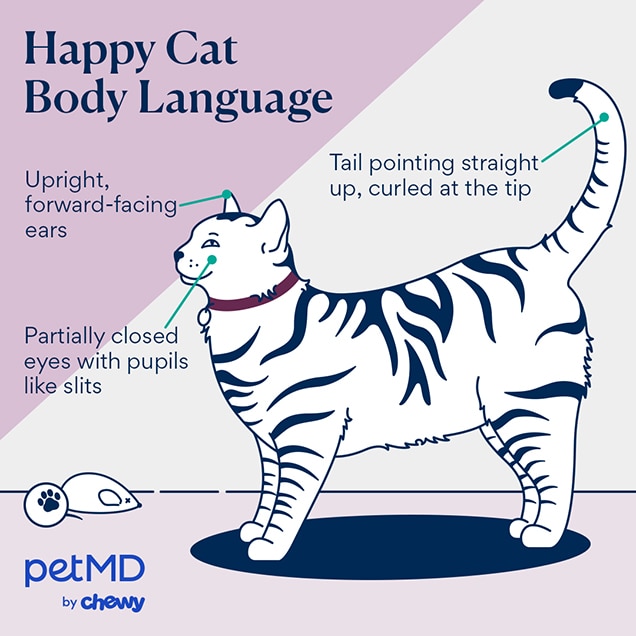Blitz News Digest
Stay updated with the latest trends and insights.
Why Your Cat Thinks They're the Overlord of Your Home
Uncover the secret world of feline dominance and learn why your cat believes they're the true ruler of your home!
The Psychology Behind Your Cat's Reign: Understanding Feline Behavior
The relationship between humans and their feline companions can often feel like a fascinating psychological puzzle. Understanding the psychology behind your cat's reign requires recognizing their instinctual behaviors and unique personality traits. Cats are naturally territorial creatures; their kingdom often includes cozy corners, sunlit windowsills, and even your lap! This territoriality reflects their innate need to establish dominance over their environment. By observing how your cat interacts with its space, you can gain valuable insights into its mood and wellbeing, fostering a more harmonious relationship with your pet.
Moreover, the social dynamics of cats can be quite intricate, often leading to behaviors that may seem puzzling to their human guardians. For instance, when a cat exhibits playful pouncing or displaying its belly, it is often a sign of trust rather than an invitation for a belly rub. These actions are key to understanding the psychology behind your cat's reign and managing their behavior accordingly. By learning to interpret your cat's body language and vocalizations, you can respond more effectively to their needs, ultimately strengthening the bond between you and providing a safe, enriching environment for them to thrive.

Top Signs Your Cat Thinks They're the Supreme Ruler of Your Home
If you've ever caught your cat lounging on your favorite chair or knocking items off the table with casual disregard, you might be living with a feline who believes they're the supreme ruler of your home. One of the most telling signs is their tendency to take the most comfortable spots in the house, as if to claim them as their own personal throne. Additionally, if your kitty tends to demand attention on their own terms, or walks around as if they're inspecting their kingdom, you're likely dealing with a confident little monarch.
Another sign is the way your cat interacts with you and other pets in the house. If they assert their dominance by purring loudly while receiving pets, or even swatting at other pets when they encroach on 'their territory,' it emphasizes their self-proclaimed royalty. Furthermore, watch for their behavior during feeding time; a true ruler may meow emphatically until their demands are met, showcasing a strong belief in their entitlement to the best resources. These quirky behaviors not only entertain but also underscore just how much your cat truly thinks they are the supreme ruler of your home.
How to Address Your Cat's Overlord Complex: Tips for Harmonious Living
Cats often exhibit an overlord complex, asserting their dominance in the household with a regal air that can test the limits of even the most patient cat owners. To foster a more harmonious living environment, it is crucial to establish boundaries while simultaneously respecting their independence. Start by creating designated spaces for your cat, such as cozy beds and high perches, to encourage them to claim their territory without infringing on yours. Consistent routines for feeding and playtime can also help your feline understand their place in the household hierarchy, providing them the structure they crave while keeping the peace.
Additionally, addressing your cat's overlord complex involves engaging them in interactive play to channel their energy positively. Use toys that stimulate their hunting instincts, like feather wands and laser pointers, which can create a cooperative dynamic rather than a confrontational one. Important to note is the role of positive reinforcement—rewarding good behavior with treats or affection can significantly diminish any overbearing tendencies. Remember, the key is to maintain a balance of respect and authority, ensuring that your cat understands they are part of a family, not the ruling monarch!